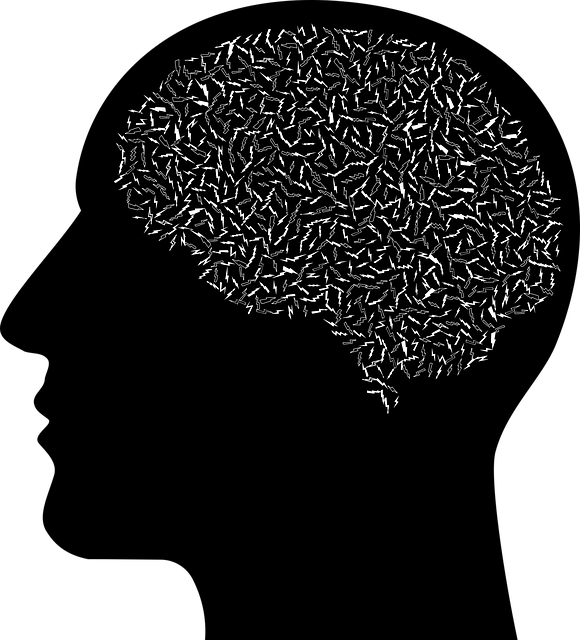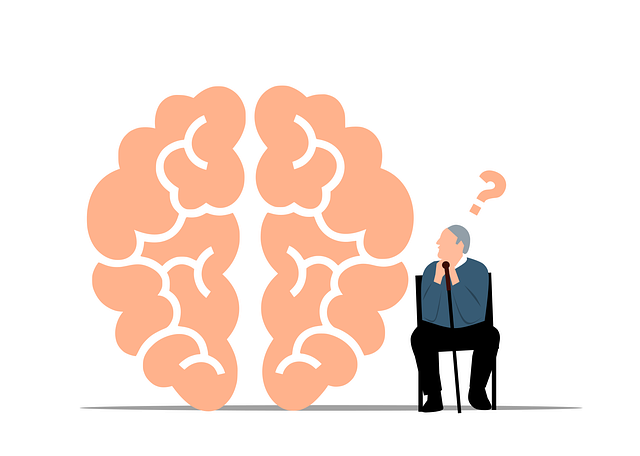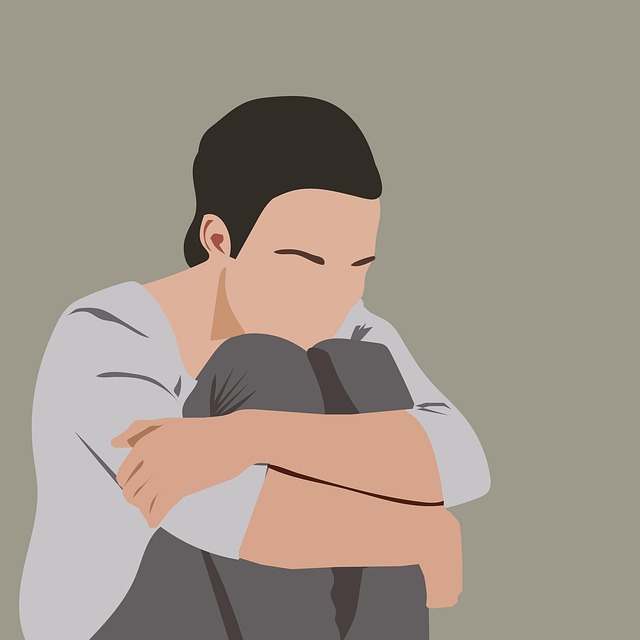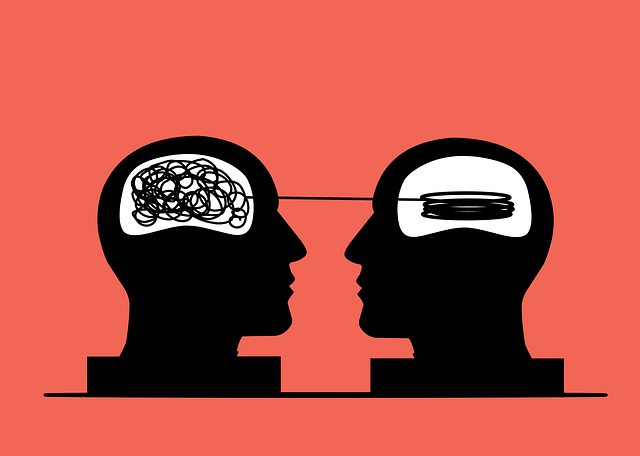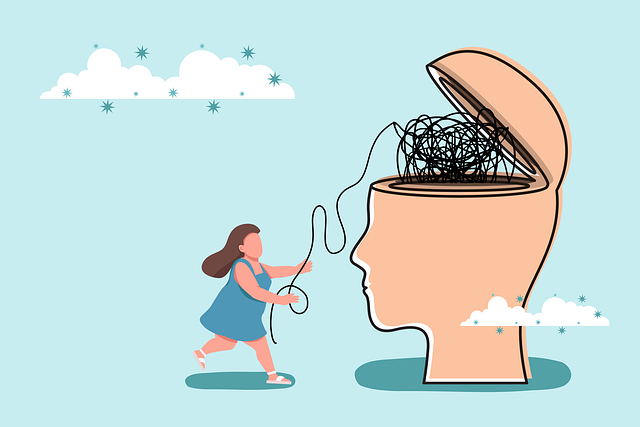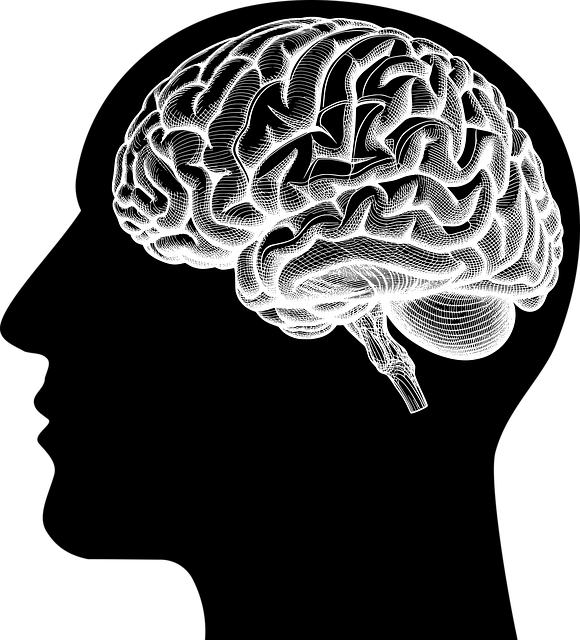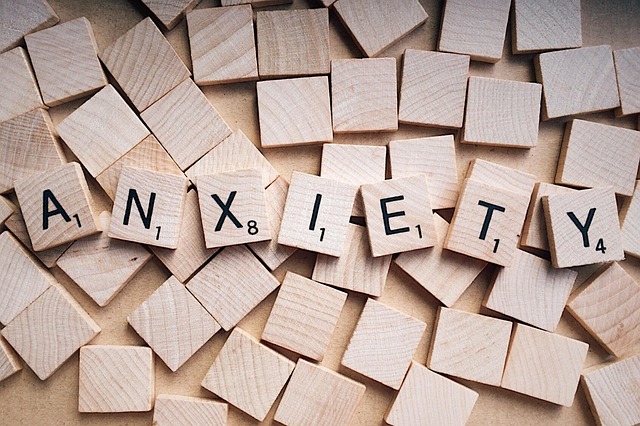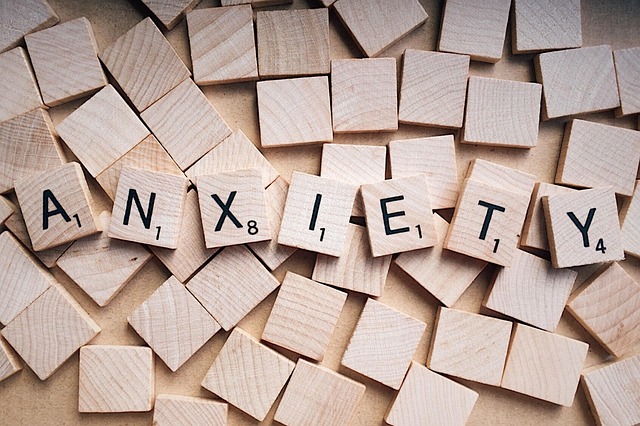Loss, grief, and bereavement significantly impact young adults, who face unique challenges in processing these experiences while navigating career paths and identity formation. Therapy for Young Adults Adjustment Disorder plays a crucial role in helping them cope with intense emotions and behavioral changes resulting from high-stress events like the sudden loss of a loved one. CBT, IPT, and mindfulness practices, combined with education programs, offer effective counseling strategies to build resilience, self-esteem, and emotional intelligence. Early intervention through public awareness campaigns destigmatizes mental health concerns, encouraging help-seeking behaviors and promoting better long-term well-being for young adults dealing with bereavement.
Loss, grief, and bereavement are profound experiences that can deeply impact young adults. This comprehensive article delves into these complex emotions, offering a detailed overview of their understanding and effects. We explore unique challenges faced by young adults navigating loss and highlight the significance of recognizing adjustment disorder symptoms. Through an examination of effective counseling strategies, we guide professionals in supporting this vulnerable demographic during their healing journey, focusing on therapy approaches tailored for young adults and adjustment disorder management.
- Understanding Loss, Grief, and Bereavement: A Comprehensive Overview
- The Impact of Loss on Young Adults: Unveiling Unique Challenges
- Recognizing the Signs: Identifying Adjustment Disorder in Young Individuals
- Therapy Approaches for Effective Counseling: Strategies and Techniques
- Navigating the Healing Journey: Supporting Young Adults Through Bereavement
Understanding Loss, Grief, and Bereavement: A Comprehensive Overview

Loss, grief, and bereavement are complex processes that every individual experiences differently. Understanding these concepts is crucial for anyone seeking therapy for young adults adjustment disorder or supporting someone going through a difficult time. Loss refers to the absence of something valuable, whether it’s an object, relationship, or life itself. Grief is the emotional response to loss, characterized by feelings like sorrow, anger, and confusion. Bereavement, on the other hand, is the period during which individuals adapt to their new reality after a significant loss.
This journey can be especially challenging for young adults as they navigate not only the immediate impact of loss but also its effects on their identity, future plans, and overall mental wellness. Community outreach program implementation, stress reduction methods, and even mental wellness podcast series production have emerged as valuable tools to support individuals in processing grief and cultivating resilience during this difficult time.
The Impact of Loss on Young Adults: Unveiling Unique Challenges

Loss, grief, and bereavement can profoundly impact young adults, presenting unique challenges that differ from those experienced by older individuals. This demographic often faces a confluence of factors: balancing career aspirations, financial independence, and establishing personal identities, all while navigating life transitions. The sudden loss of a loved one can disrupt these milestones, leading to complex emotions such as confusion, guilt, and a sense of disorientation.
Many young adults struggling with bereavement may resist seeking professional help due to societal expectations of resilience or fear of stigma associated with mental health issues. However, therapy plays a crucial role in adjusting to loss by providing safe spaces for expression and processing grief. Specifically, Cognitive Behavioral Therapy (CBT) and Mindfulness Meditation have shown effectiveness in helping young adults manage Adjustment Disorder stemming from loss. Public Awareness Campaigns Development and innovative communication strategies can further encourage help-seeking behaviors by destigmatizing mental health concerns among this vulnerable population.
Recognizing the Signs: Identifying Adjustment Disorder in Young Individuals

Recognizing the signs of Adjustment Disorder in young individuals is crucial for providing timely therapy for young adults. This disorder often manifests as a significant emotional or behavioral response to a highly stressful event, such as the loss of a loved one through grief and bereavement. Symptoms can include intense feelings of sadness, anxiety, anger, irritability, difficulty concentrating, changes in sleep patterns, and withdrawal from social activities. Recognizing these signs is essential because Adjustment Disorder can lead to more severe mental health issues if left unaddressed, especially in young adults who are still developing coping mechanisms.
In the context of loss grief and bereavement counseling, compassion cultivation practices have been shown to be effective in managing adjustment disorders. These practices encourage empathy, kindness, and self-awareness, helping individuals process their emotions more healthily. Additionally, public awareness campaigns development can play a vital role in normalizing conversations about mental health, reducing stigma, and promoting burnout prevention among young adults grappling with grief and bereavement.
Therapy Approaches for Effective Counseling: Strategies and Techniques

In addressing loss, grief, and bereavement, various therapy approaches have proven effective in counseling individuals, especially young adults grappling with adjustment disorders. Cognitive Behavioral Therapy (CBT), for instance, focuses on identifying and changing negative thought patterns and behaviors, helping clients develop healthier coping mechanisms. This approach empowers young adults to manage their emotions more effectively, fostering resilience as they navigate the grieving process.
Another powerful strategy is Interpersonal Psychotherapy (IPT), which emphasizes the role of relationships in mental health. IPT aids individuals in understanding and expressing their emotions within social contexts, enhancing communication skills and interpersonal support systems. Combined with techniques like mindfulness practices and positive thinking exercises, as featured in Mental Health Education Programs Design, counselors can help young adults build self-esteem and promote a more optimistic outlook. These strategies collectively contribute to the healing process, easing the burden of loss and supporting healthy adjustment.
Navigating the Healing Journey: Supporting Young Adults Through Bereavement

Navigating the Healing Journey: Supporting Young Adults Through Bereavement
Bereavement is a complex process that can significantly impact young adults, often leading to adjustments that are both emotionally and psychologically challenging. Therapy for young adults dealing with loss, grief, and bereavement plays a pivotal role in helping them manage their emotions and navigate this difficult journey. Counseling provides a safe space where individuals can express their feelings, work through their pain, and develop coping mechanisms tailored to their unique experiences.
Through effective therapy, young adults can enhance their emotional regulation skills, fostering self-esteem improvement and emotional intelligence. These aspects are crucial for processing bereavement, allowing them to integrate their losses while developing resilience that supports future well-being. By addressing specific challenges related to adjustment disorders, counselors enable clients to transform their grief into a catalyst for personal growth, ultimately empowering them to embrace life anew.
Loss, grief, and bereavement counseling are vital components in helping young adults navigate their emotional journeys after a significant loss. By understanding the unique challenges they face, recognizing signs of adjustment disorders, and employing effective therapy approaches, counselors can foster healing and support these individuals through their bereavement process. This comprehensive guide highlights the importance of specialized counseling for young adults, offering strategies to enhance their resilience and overall well-being during difficult times. Through awareness and accessible resources, we can ensure that those dealing with loss receive the necessary care, enabling them to find solace, hope, and a path forward.

